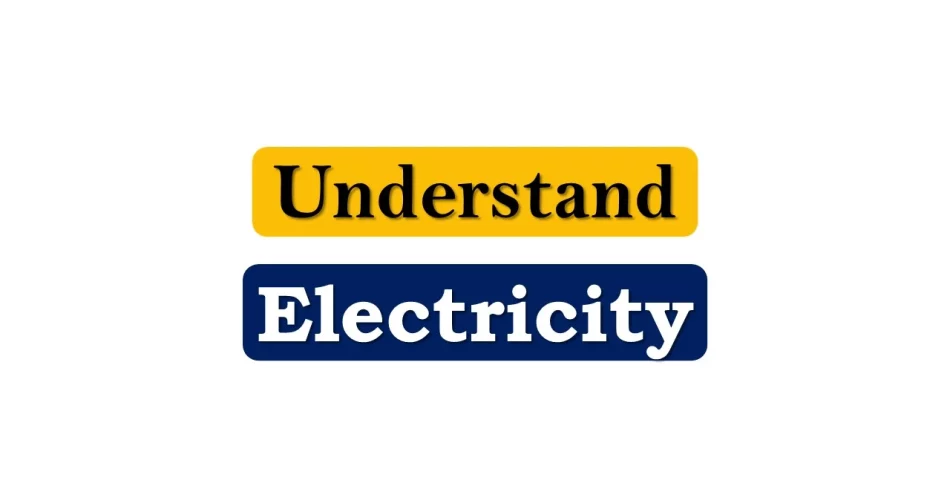What is electricity? How it works? This article covers all the basics of electricity and its effect and working.
☼ Voltage
Voltage is the difference in electric potential between two points. It causes the flow of electrons in a circuit from point A to point B.
Voltage is defined as the work needed per unit of charge to move a test charge between the two points.
The SI unit of voltage is the volt, and 1 volt = 1 joule (of work) per 1 coulomb (of charge). The official SI definition for volt actually uses power, mentioned above, and is defined as 1 volt = 1 watt (of power) per 1 ampere (of current).
One point has a higher potential and the other points have lower potential. The difference in charge between higher potential and lower potential is called a voltage or potential difference.
The voltage or potential difference gives the force to the electrons to flow through the circuit.
The higher the voltage, the greater the force, and hence the more electrons flowing through the circuit. Without voltage or potential difference, electrons would move randomly in free space.
